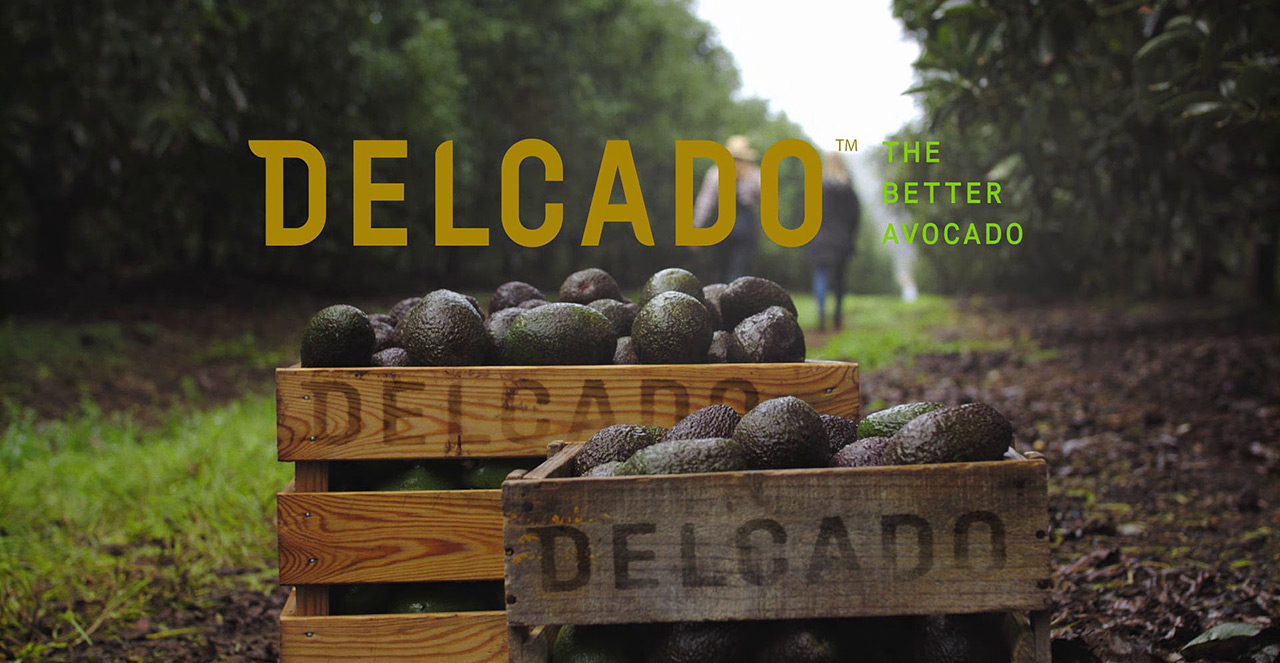Organic farming works with the environment and is focused on sustainable production practices, soil health, land regeneration and the protection of biodiversity
When a product is certified organic, it means the item has been grown or produced without synthetic fertilisers, pesticides or herbicides and that no artificial colours or preservatives are used in the finishing process. Not only does this mean less chemicals in food but also less chemical runoff from farms, which is much better for the environment.
Join us to enhance and support the certified organic industry by buying organic across all categories, including fresh fruit & veggies, packaged food and beverages, vitamins, skincare, and even pet food.
What is Organic Certified?
The meaning of “organic” can vary across different regions worldwide. However, in Australia, the term “certified organic” consistently signifies a set of stringent criteria:
Sustainability and Regeneration: Certified organic products in Australia are produced in a manner that prioritises sustainability and promotes soil and ecosystem regeneration.
Free Range and Cruelty-Free: They are derived from sources that ensure animals are raised in free-range environments and are not subjected to animal testing.
No GMOs: Certified organic products in Australia are strictly free from genetically modified organisms (GMOs).
Avoidance of Harmful Chemicals: These products are cultivated without the use of harmful or synthetic chemicals.
To earn the “Certified Organic” label in Australia, products must undergo a rigorous certification process. This process involves thorough inspection and approval by an independent third-party certification agency, which verifies that the entire production chain, from farm to final product, adheres to the Australian Certified Organic Standards.
Moreover, the commitment to these standards doesn’t end with certification; companies are subject to annual and random audits to ensure ongoing compliance with these requirements.

How do organics help the planet?
Organic farms have demonstrated up to 40% lower carbon emissions compared to non-organic farms in various long-term studies. With climate change causing rising temperatures, drier conditions in already-arid regions, and more extreme flooding, organic farming helps combat global warming by improving carbon and water retention in soil.
For further info, visit harrisfarm.com.au














